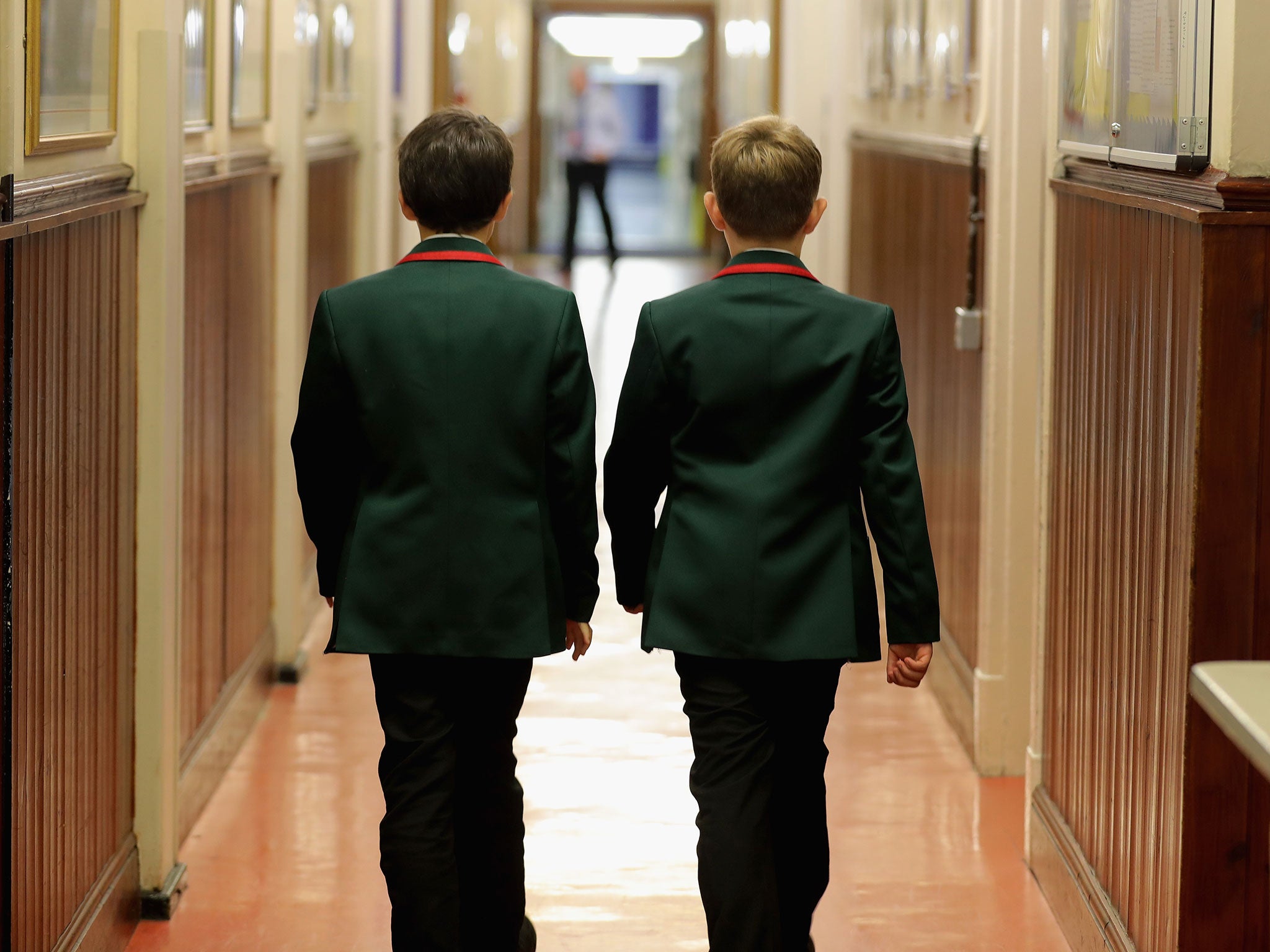As a working-class student who tried and failed to navigate the grammar school system, let me tell you exactly how elitist it is
I wish that I could tell my 11-year-old self that failing that entry test would not be a reflection on my later achievements – and that this archaic system of selective education does not have to seal your fate


As I shuffled down the corridor of my local grammar school to sit my 11-plus, all I could think about was how I was missing my auntie’s wedding day to take the test. I stared down at the countless symbols and numbers on the exam paper that was supposed to determine my future and knew, as a working-class student without an inherent talent in maths, or money from my parents for extra tutoring, that the odds were stacked against me.
Figures for pupils like me facing the 11-plus are bleak, as 70 per cent of children in England who are tutored secure a place in a grammar school, compared with just 14 per cent of those who had no extra help. Furthermore, 12 per cent of grammar students were privately educated in the last year of primary school.
Despite all this, I wish that I could tell my 11-year-old self that failing that entry test would not be a reflection on my later achievements – and that this archaic, elitist system of selective education does not have to seal your fate.
I had supportive parents, got into a top 20 university in the UK and went on to study a Masters in London. Yet it’s impossible to ignore how securing a place at a grammar school is almost entirely based on privileged status and not academic ability. In 2016, out of the 6.9 per cent of pupils eligible for free school meals with high prior attainment who were near selective schools, only 2.4 per cent actually ended up attending a grammar school.
The Conservative government seems adamant on continuing this entrenched elitism within our education system. Theresa May is refusing to let go of her plans to stop the ban on new grammar schools, a policy designed to bridge the socioeconomic gap for students with less opportunities. New data released today suggests that the amount of additional grammar school places created since 2010 will be equivalent to 24 new grammar schools by 2021, despite that ban.

This backdoor expansion of grammar schools is simply another example of how the Conservatives continue to marginalise disadvantaged students, by only investing funding into areas of the system that will benefit privileged pupils. How can the government justify their recent proposal to expand selective schools, when research predicts that the most deprived secondary schools in England will see financial losses under the new national funding formula?
The age-old argument that grammar schools offer more success than comprehensives is easily debunked, as their results are simply due to the disproportionate amount of pupils from privileged backgrounds that already have high attainment levels at the age of 11. Recent research suggests that once factors such as poverty, home language and special educational needs are taken into account, grammar schools actually do no better than comprehensives. Surely this must be the final nail in the coffin for the pro-grammar school argument, especially since schools have seen a loss of 15,000 staff due to funding cuts.
These cuts that inherently impact poorer students are hardly new: it may begin at whether you can afford a tutor for the 11-plus, but the stigma continues throughout higher education. Since scrapping student bursaries, cutting vocational courses that offer many working-class students a pathway to university, and proposing a degree pricing policy that would make some subjects more affordable than others, the Conservatives continue to do everything in their power to systematically limit opportunities for disadvantaged students.
The government claims that grammar schools are encouraged to accept a proportion of pupils from disadvantaged backgrounds, but is it not better to prioritise the state schools facing huge financial cuts who work tirelessly to inspire working-class students?
It is painfully clear that despite having no political backing to create more grammar schools, Theresa May is determined to push her elitist agenda by creating more selective school places. She continues to financially tie the hands of state schools, the very schools that thousands of disadvantaged students depend on, who already face a harder fight in seeking opportunities than their richer counterparts.
Unless we tackle the systematic elitism at the start of education, then students who are just as capable will continue to lose out.
Join our commenting forum
Join thought-provoking conversations, follow other Independent readers and see their replies
Comments
Bookmark popover
Removed from bookmarks